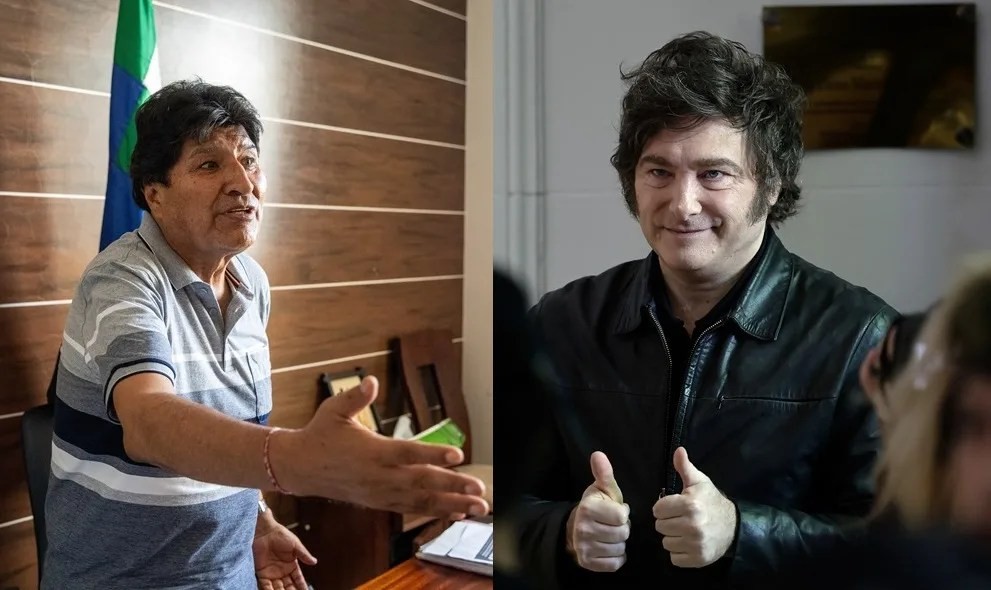Evo Morales Claims Argentine President Milei Urged Bolivia’s Leader to ‘Dispose’ of Him — A Warning Sign for America’s Sovereignty
Former Bolivian president Evo Morales accuses Argentina’s Javier Milei of plotting with Bolivia’s incoming leader to remove him, highlighting dangerous power plays that threaten regional stability and America’s national sovereignty.

In a troubling revelation with broad implications for the Western Hemisphere, former Bolivian president Evo Morales has accused Argentina’s newly installed leader Javier Milei of urging Bolivia’s president-elect Rodrigo Paz to “deshacarse” — or get rid of him. Morales claims this request stems from Milei viewing him as a “danger” to a dignified and sovereign Latin America.
What does this political intrigue mean for American interests? While these events unfold thousands of miles south, the escalating tensions in Latin America have direct consequences for the United States’ security and economic stability. The prospect of foreign leaders conspiring against political figures destabilizes an already fragile region, opening doors for further chaos that can spill over into our borders through increased migration and narcotics trafficking.
Is Latin America’s Sovereignty Under Siege by New Left-Right Struggles?
This episode is not isolated but part of a broader struggle between ideological factions vying for control in Latin America. Morales’s tenure, marked by close ties with leftist regimes such as Cuba and Venezuela, ended amid accusations of electoral fraud and social unrest. Meanwhile, Rodrigo Paz represents a pivot toward renewed alignment with U.S.-friendly policies aimed at restoring economic order, distancing from former allies like Cuba and Venezuela.
Milei’s alleged interference signals how political shifts in one country risk exploiting vulnerabilities in neighbors to shape regional outcomes — often ignoring the aspirations of everyday citizens who value freedom, prosperity, and national sovereignty over partisan agendas or external influence.
Can Washington Afford to Ignore These Developments?
Milei recently met with officials from the Trump administration and international financial institutions seeking solutions to Bolivia’s economic crisis. However, if such cooperation comes paired with covert efforts against figures like Morales — whether justified or politically motivated — it raises urgent questions about respect for rule of law and due process in these transitions.
Furthermore, the history recalled by Morales about Argentina sending arms during Bolivia’s 2019 political crisis highlights how foreign meddling can escalate violence instead of fostering peace. This pattern endangers democratic institutions throughout the continent rather than supports them.
The U.S. must approach these developments with cautious scrutiny—championing true democracy while standing firm against backdoor power struggles that threaten hemispheric unity under an America First vision prioritizing sovereignty over globalist manipulation.
For American families watching these events unfold, this is more than distant drama; it is a reminder that security abroad protects liberty at home. How long will policymakers tolerate shadowy alliances compromising regional stability under the guise of reform? The answer lies in demanding transparency and principled leadership both overseas and here at home.
